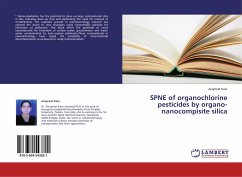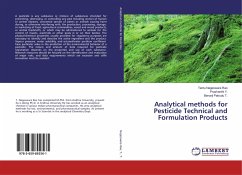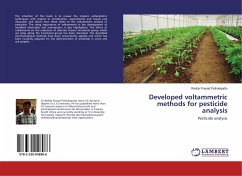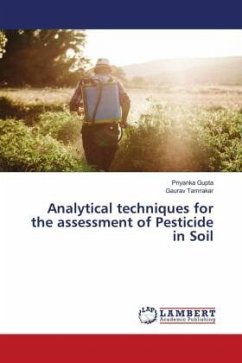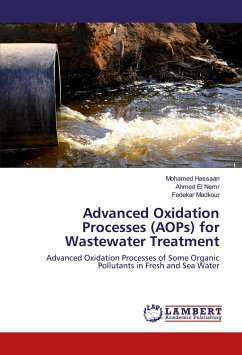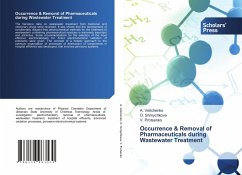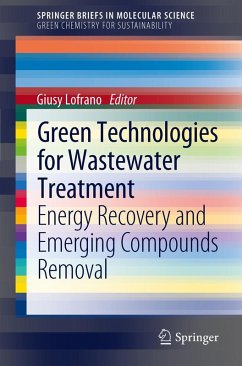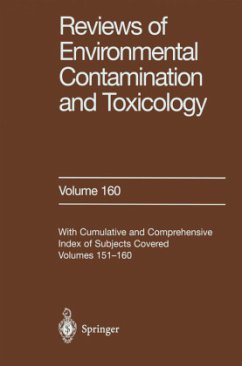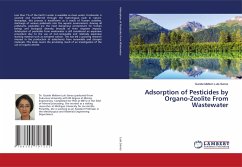
Adsorption of Pesticides by Organo-Zeolite From Wastewater
Versandkostenfrei!
Versandfertig in 6-10 Tagen
62,99 €
inkl. MwSt.

PAYBACK Punkte
31 °P sammeln!
Less than 1% of the Earth's water is available as clean water. Freshwater is cleaned and transferred through the hydrological cycle in nature. Nowadays, this process is insufficient as a result of human activities, discharge of various pollutants into the aquatic environment. Among all pollutants, pesticides are the most dangerous contaminant for human beings and biological diversity because of their negative impacts. Adsorption of pesticides from wastewater is still considered an expensive procedure due to the use of non-renewable and relatively expensive starting material such as activated c...
Less than 1% of the Earth's water is available as clean water. Freshwater is cleaned and transferred through the hydrological cycle in nature. Nowadays, this process is insufficient as a result of human activities, discharge of various pollutants into the aquatic environment. Among all pollutants, pesticides are the most dangerous contaminant for human beings and biological diversity because of their negative impacts. Adsorption of pesticides from wastewater is still considered an expensive procedure due to the use of non-renewable and relatively expensive starting material such as activated carbon. This has led a growing research interest in the production of adsorbents from renewable and cheaper materials. This book covers the promising result of an investigation of the use of organo-zeolite.



